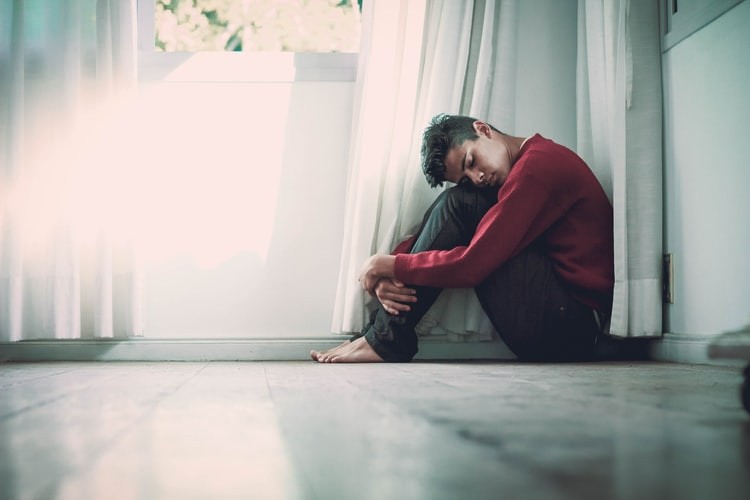The One Side Effect of COVID-19 That Scares Doctors
More doctors and health experts are raising concerns about a widespread and infrequently discussed side effect of COVID-19 that must be given attention.

This side effect is about mental illness, and health experts raise concerns over this problem because many people who got infected with COVID-19 had later developed a mental health condition. This side effect is most of the time not being discussed.
According to a study published in the journal Brain, Behavior and Immunity, the researchers found that more than half of people who survive COVID-19 have eventually developed mental health problems or conditions like depression or post-traumatic stress disorder (PTSD).
Researchers of the new study had interviewed around 402 people who tested positive for the virus. They were asked to answer a questionnaire one month after they received treatment in a hospital.
The result has shown that 28 percent of respondents qualified as having PTSD, while 42 percent had anxiety, 31 percent had depression, 20 percent exhibited obsessive-compulsive disorder symptoms, and 40 percent reported insomnia.
PTSD, anxiety, depression, obsessive-compulsive disorder, and insomnia are just a few of the mental health illnesses that COVID-19 recovered patients suffered with.
The researchers noted that these patients had experienced at least one of these issues or any related mental illness.
Many of the COVID-19 patients reported that they experienced neurological side effects from the illness that can linger for weeks and sometimes for months. This includes fatigue, confusion or "brain fog," and personality changes.
Scientists and researchers believed that this mental health illness happened because COVID-19 causes inflammation in the brain, which could be responsible for some of these symptoms.
However, they suggested that more studies are still needed to establish the correlation between COVID-19 and metal illness.
"Considering the alarming impact of COVID-19 infection on mental health, we now suggest assessing psychopathology of COVID-19 survivors, to diagnose and treat emergent psychiatric conditions, monitoring their changes over time, with the aim of reducing the disease burden, which is expected to be very high in patients with psychiatric conditions," the researchers of the new study said.
The most interesting part of the recent research is that researchers found that mental health problems also soar high to those uninfected. Some develop fear and anxiety about contracting the virus, social isolation, financial worries, lockdown-related family, and relationship pressures.
Suzan Song, a Washington, D.C.-based psychiatrist, said: "As a psychiatrist, my most common patients during the pandemic have been working mothers trying to manage a full-time job at home while also being primarily responsible for children at home."
"Most report feeling irritable with low energy, difficulty focusing, uncontrollable emotions, guilt over perceived privilege, loss of interest in past hobbies, general lack of motivation and thoughts about death and the meaning of life," she added.
The National Center for Health Statistics and Census Bureau released in their July survey that 30 percent of adults had symptoms of depressive disorder, compared to 6.6 percent last year, while 36 percent had symptoms of an anxiety disorder, compared to 8.2 percent in 2019.
Check this out!
Subscribe to Latin Post!
Sign up for our free newsletter for the Latest coverage!

















